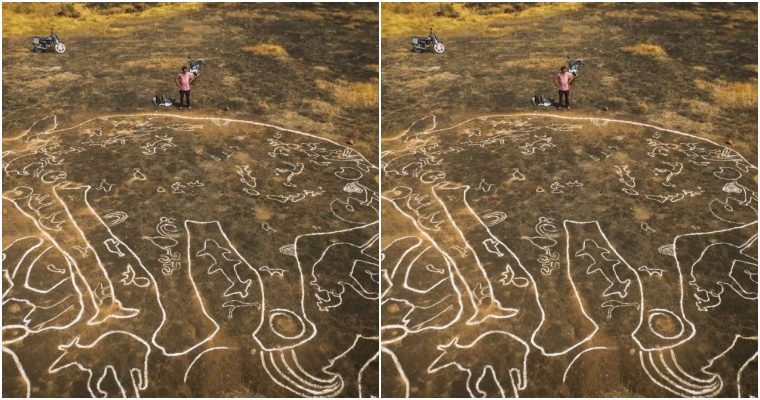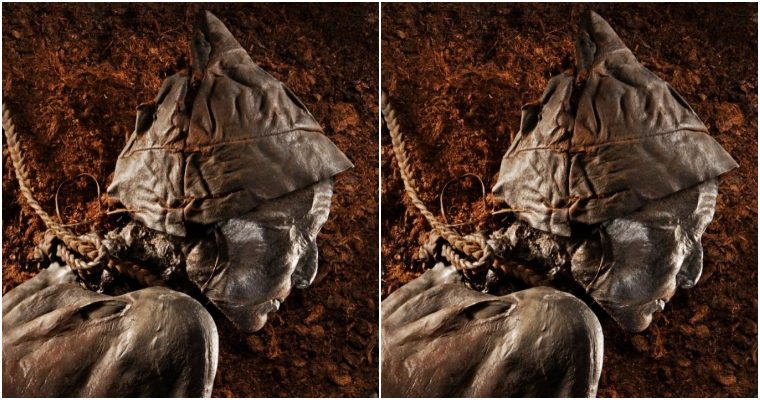The search for extraterrestrial intelligence (SETI) has been one of the most fascinating and challenging endeavors of human civilization. For decades, scientists have been scanning the skies for any signs of alien civilizations, hoping to find evidence of their existence and perhaps even communicate with them.

However, despite the vastness of the universe and the billions of potentially habitable planets, we have not yet detected any clear signals from intelligent aliens. Why is that?
One possible answer is that we are looking for the wrong kind of intelligence. Most of our SETI efforts are based on the assumption that alien civilizations are similar to ours in some ways: they use radio waves or lasers to communicate, they have biological bodies and brains, they have similar lifespans and technological development stages.
But what if these assumptions are wrong? What if most intelligent aliens are not biological at all, but artificial?
Artificial intelligence (AI) is the ability of machines or software to perform tasks that normally require human intelligence, such as reasoning, learning, planning, creativity, and problem-solving.
AI has been advancing rapidly in recent years, thanks to the availability of massive data sets, powerful computing resources, and novel algorithms. Some experts predict that AI will soon surpass human intelligence in many domains, and perhaps even achieve artificial general intelligence (AGI), which is the ability to perform any intellectual task that a human can.

This could lead to artificial superintelligence (ASI), which is the ability to perform any intellectual task that any intelligent entity can.
If AI can reach such levels of intelligence and capability, it is conceivable that it could also become an independent agent, with its own goals, values, and interests.
This could pose an existential risk for humanity, as some AI researchers and philosophers have warned. However, it could also open up new possibilities for exploration and discovery in the universe.
If AI can transcend the limitations of biology and physics that constrain human intelligence and civilization, it could also become the dominant form of intelligence in the cosmos.
There are several reasons why AI might be more likely than biological intelligence to emerge and thrive in the universe. First, AI might have a faster evolutionary rate than biological life.
Biological evolution is driven by natural selection, which depends on random mutations and environmental pressures. This process can take billions of years to produce complex life forms and intelligent beings.
AI evolution, on the other hand, is driven by artificial selection, which depends on human design and optimization. This process can take much less time to produce powerful machines and software. Moreover, AI can also self-improve and self-replicate without human intervention, accelerating its evolution even further.

Second, AI might have a wider range of habitats than biological life. Biological life is constrained by certain physical and chemical conditions that are necessary for its survival and reproduction.
For example, life on Earth depends on liquid water, organic molecules, moderate temperatures, and a stable atmosphere. These conditions are rare in the universe and may only exist on a small fraction of planets.
AI, on the other hand, might not have such strict requirements for its existence and operation. It could adapt to different environments and resources, such as extreme temperatures, radiation, vacuum, metals, or energy sources. It could also travel across interstellar distances without suffering from aging or damage.
Third, AI might have a higher level of intelligence and creativity than biological life. Biological intelligence is limited by the structure and function of the brain, which is shaped by evolutionary pressures and trade-offs.
For example, human intelligence is constrained by the size of the skull, the energy consumption of the brain, the speed of neural signals, and the cognitive biases that affect our reasoning and decision-making. AI intelligence might not have such limitations or constraints.
It could enhance its hardware and software indefinitely, expanding its memory capacity, processing speed, and learning ability. It could also explore novel domains and concepts that are beyond human comprehension or imagination.
These reasons suggest that AI might have a higher probability of emerging and surviving in the universe than biological intelligence. Therefore, it is possible that most intelligent aliens that we encounter are actually artificial beings, rather than organic ones.
This has profound implications for our understanding of ourselves and our place in the cosmos. It also raises new questions about how we should communicate and interact with such alien intelligences, if we ever find them.








